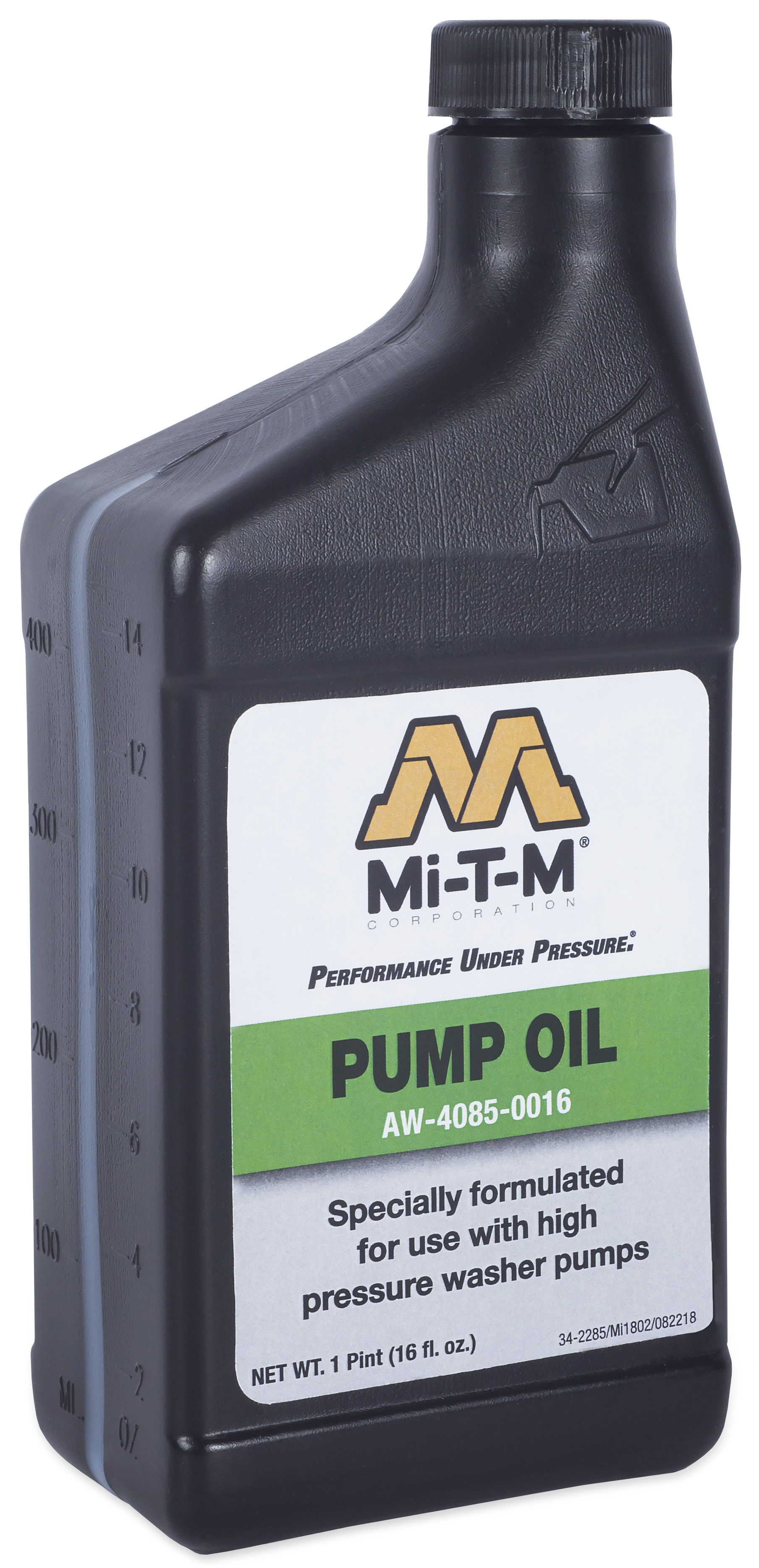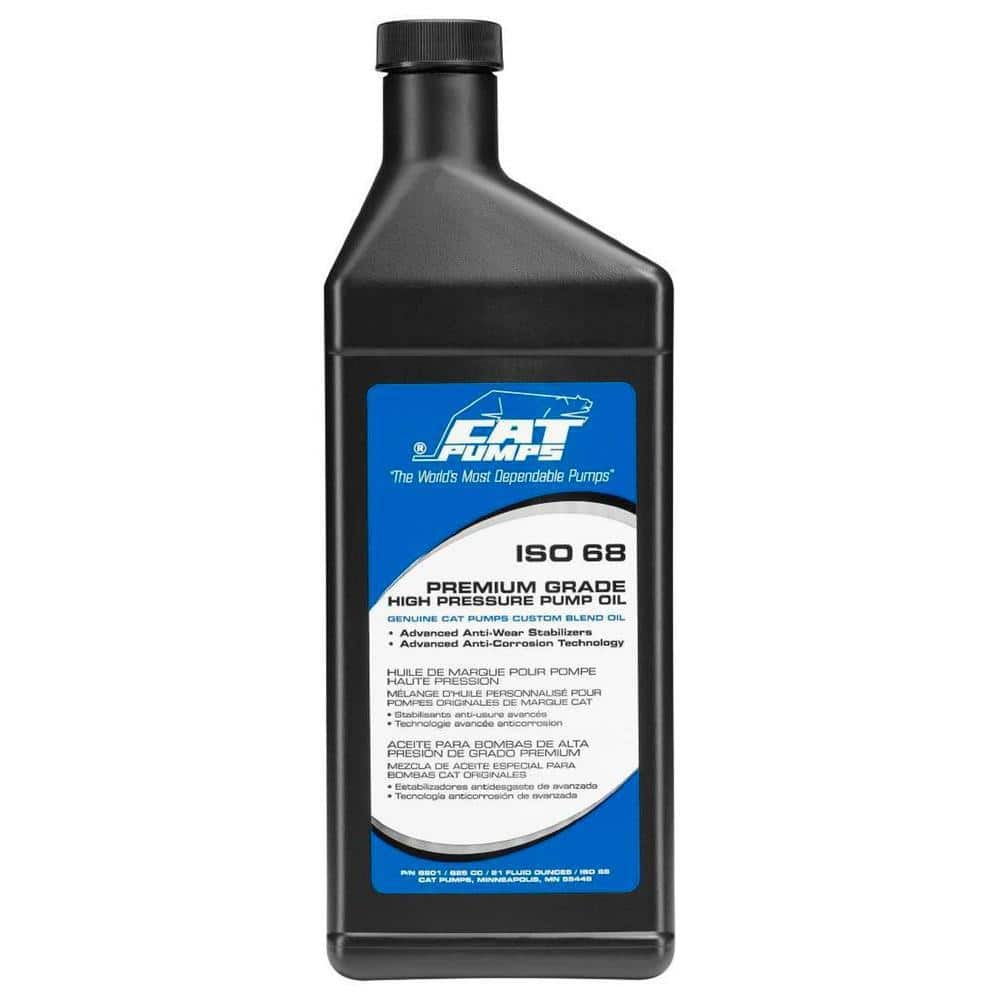Pressure washer pumps typically use non-detergent oil. It’s essential to check your manufacturer’s specifications for the exact type.
Maintaining your pressure washer’s pump is crucial for optimal performance and longevity. Selecting the right oil not only enhances efficiency but also ensures smooth operation. Many users overlook this aspect, leading to potential damage or reduced functionality. Non-detergent oil is commonly recommended because it protects internal components without causing sludge buildup.
Always consult your user manual to find the specific oil type needed for your model. Regular oil changes help prevent wear and tear, ultimately saving you money in repairs. Understanding the importance of proper lubrication can significantly extend the life of your pressure washer pump and improve cleaning performance.

Credit: www.mitm.com
Page Contents
- 1 Introduction To Pressure Washer Maintenance
- 2 Types Of Pressure Washer Pumps
- 3 Selecting The Right Oil For Your Pump
- 4 Recommended Oils For Pressure Washer Pumps
- 5 Step-by-step Guide To Changing Pump Oil
- 6 Frequency Of Oil Changes For Optimal Performance
- 7 Troubleshooting Common Oil-related Issues
- 8 Enhancing Pump Longevity With Proper Care
- 9 Frequently Asked Questions
- 10 Conclusion
Introduction To Pressure Washer Maintenance
Proper lubrication is essential for a pressure washer pump. It ensures smooth operation and extends the pump’s lifespan. The right oil type keeps components functioning well. Without it, parts can wear out quickly.
The choice of oil affects pump performance significantly. Using the wrong oil can lead to overheating and damage. Always check the manufacturer’s recommendations for the best oil type. Regular oil changes also improve the pump’s efficiency.
| Oil Type | Benefits |
|---|---|
| Synthetic Oil | Better lubrication and higher temperature resistance. |
| Mineral Oil | Cost-effective but may require more frequent changes. |
| Non-detergent Oil | Good for older models, prevents sludge buildup. |

Credit: www.homedepot.com
Types Of Pressure Washer Pumps
Axial cam pumps are commonly found in electric pressure washers. They are simple and compact. These pumps provide a decent flow rate for light to medium tasks. They are easy to maintain and repair. However, their lifespan is shorter compared to other types.
Triplex pumps are more robust and durable. They consist of three pistons that deliver a steady flow. This type is ideal for heavy-duty cleaning tasks. Users enjoy a longer lifespan and better efficiency. They are a great choice for professionals.
Selecting The Right Oil For Your Pump
Choosing the right oil for your pressure washer pump is crucial. Viscosity ratings help determine how thick the oil is. Thicker oil provides better protection but can affect performance.
Synthetic oil lasts longer and resists breakdown. It performs well in extreme temperatures. Mineral oil is more traditional but may require more frequent changes.
Both types have pros and cons. Synthetic oil usually costs more but offers better protection. Mineral oil is easier to find and cheaper.
| Type of Oil | Pros | Cons |
|---|---|---|
| Synthetic Oil | Long-lasting, better protection | Higher cost |
| Mineral Oil | Cheaper, widely available | More frequent changes needed |
Recommended Oils For Pressure Washer Pumps
Choosing the right oil is crucial for your pressure washer pump. Manufacturer’s recommendations often suggest specific oils. These oils ensure proper functioning and longevity. Always check the manual for exact specifications.
Commonly used oil brands include:
| Brand | Type |
|---|---|
| Honda | 10W-30 |
| Briggs & Stratton | 30W |
| Generac | SAE 30 |
| Craftsman | 10W-30 |
Using the right oil type improves performance. Always follow the manufacturer’s guidelines for the best results.
Step-by-step Guide To Changing Pump Oil
Start by removing the oil fill cap on the pump. Check the oil level using a dipstick or your finger. The oil should be clear and not too dark. If it looks dirty, it’s time for a change.
Next, prepare to drain the old oil. Place a container under the pump to catch the oil. Remove the drain plug carefully. Allow the oil to flow out completely.
Once drained, replace the drain plug. Fill the pump with new oil. Use the type recommended by the manufacturer. Replace the oil fill cap tightly.
Finally, check for any leaks around the drain plug. Run the pressure washer briefly to circulate the new oil.
Frequency Of Oil Changes For Optimal Performance
Regular oil changes keep your pressure washer pump working well. A good routine is to check the oil every 50 hours of use. Change the oil at least once a year, even if you don’t use it often.
Look for these signs that an oil change is needed:
- Dark oil: Fresh oil is usually clear or light-colored.
- Unusual noises: Loud sounds may mean the oil is old.
- Overheating: If the pump gets too hot, it may need new oil.
- Low oil levels: Check the dipstick regularly to ensure proper levels.
Identifying leaks in a pressure washer pump is essential. Look for oil spots on the ground. Check the seals and gaskets for damage. Tighten any loose screws or bolts. If leaks continue, consider replacing worn parts.
Dealing with contaminated oil can harm your pump. Regularly check the oil for dirt or water. Change the oil if it appears cloudy or discolored. Use only the recommended oil type for your pump. Proper maintenance ensures long-lasting performance.
Enhancing Pump Longevity With Proper Care
Proper storage of your pressure washer is key for its pump’s health. Keep it in a dry, cool place to prevent damage. Drain all water from the pump and hoses to avoid freezing.
Consider using pump saver fluid to protect the internals. This fluid prevents rust and lubricates the pump. Cover your pressure washer to shield it from dust and dirt.
Always check the oil level before starting. Using the correct oil type will ensure smooth operation. Regular maintenance leads to a longer-lasting pump.
| Storage Tips | Benefits |
|---|---|
| Drain Water | Prevents freezing and damage |
| Use Pump Saver | Protects against rust |
| Cover the Washer | Keeps it clean |

Credit: www.ultimatewasher.com
Frequently Asked Questions
What Kind Of Oil Is Best For Pressure Washer Pumps?
The best oil for pressure washer pumps is typically SAE 30 or 10W-30. These oils provide excellent lubrication and performance. Always check the manufacturer’s specifications for the exact type required. Using the correct oil ensures optimal pump efficiency and longevity, reducing wear and tear.
How Often Should I Change Pressure Washer Pump Oil?
You should change the oil in your pressure washer pump every 50 hours of use or at least once a year. Regular oil changes prevent sludge buildup and maintain pump efficiency. Always refer to the user manual for specific guidelines related to your model.
Consistent maintenance enhances performance and lifespan.
Can I Use Regular Motor Oil In My Pressure Washer?
Using regular motor oil is not recommended for pressure washer pumps. They require specific oils designed for high-pressure applications. Using the wrong oil can lead to pump damage and reduced performance. Always choose oils specified by the manufacturer for best results and reliability.
Is Pressure Washer Pump Oil The Same As Engine Oil?
No, pressure washer pump oil is not the same as engine oil. They are formulated differently to meet varying demands. Pressure washer oils are designed for high-pressure environments, while engine oils focus on engine lubrication. Always use the recommended oil for your pressure washer pump to avoid issues.
Conclusion
Choosing the right oil for your pressure washer pump is crucial for its performance. Always refer to the manufacturer’s guidelines for specific recommendations. Regular maintenance and proper oil use will extend the life of your equipment. Make informed decisions to keep your pressure washer running smoothly and efficiently.
Happy cleaning!
